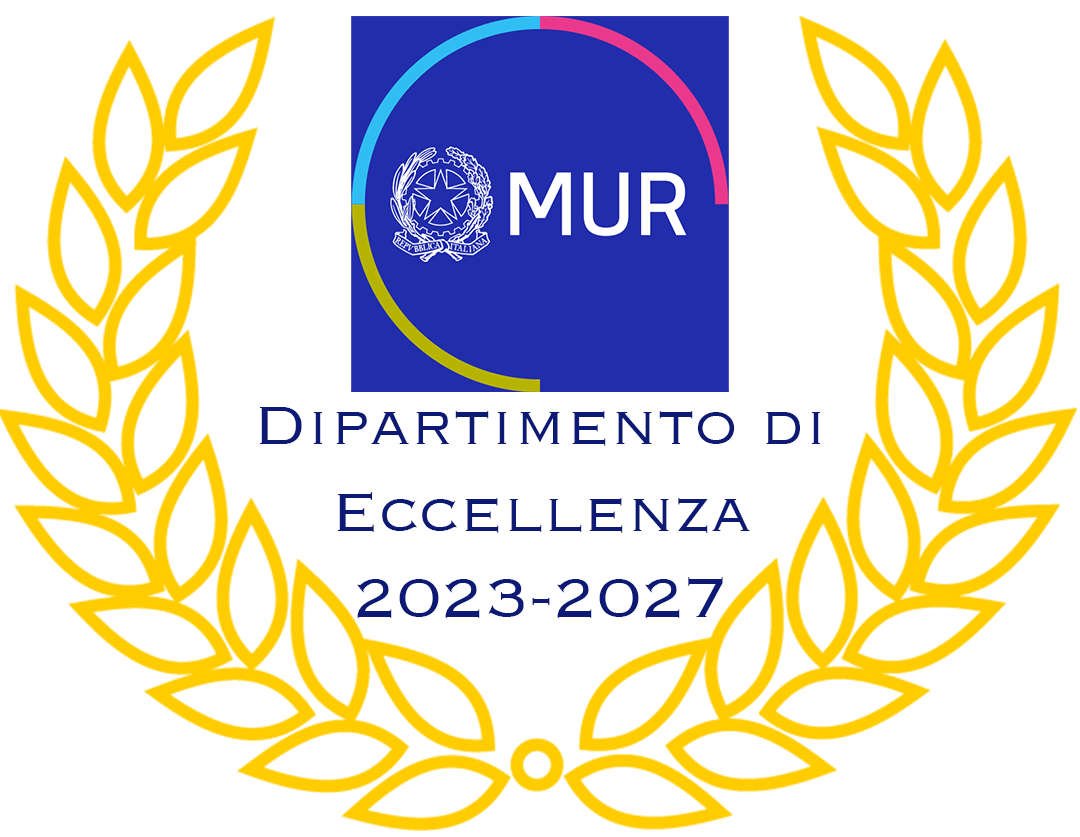| Coordinatore del Gruppo |
| Adolfo Senatore - Professore ordinario di sistemi per l'energia e l'ambiente (ING-IND/09) |
| Settore ERC del Gruppo |
| PE8_5 - Fluid mechanics, PE8_6 - Sistemi energetici (produzione, distribuzione, applicazione) |
| Componenti del Gruppo |
| Luca Romagnuolo, Assegnista di ricerca Pietro Mazzei, Dottorando 36° ciclo Pasquale Borriello, Dottorando 36° ciclo Raffaele De Rosa, Dottorando 37° ciclo |
| Componenti esterni all'Ateneo |
| Prof. Emma Frosina (Università degli Studi del Sannio) Prof. Kim A. Stelson (University of Minnesota, USA) Prof. Andrea Vacca (Purdue University, USA) Prof. Tatiana Minav (Tampere University, Fnland) Prof. Katharina Schmitz (RWTH Aachem University) |
The “Fluid Power Research Group – FPRG” is one of the groups belonging to the Department of Industrial Engineering of the University of Naples Federico II. The group works on the optimization and design of new components in the hydraulic field. It has been founded by Professor Adolfo Senatore and includes Students, Ph.D. Students, Post-Docs and foreign collaborators. The headquarters of the FPRG is in Naples, Via Claudio 21 – 80125, Italy.
The Group has research collaborations with important national and international Industrial Partners and Universities, like the University of Minnesota, Purdue University, Zhejiang University, Duplomatic MS SpA, Hitachi Rail, Fluid-o-Tech, CIRA, Ferrari SpA, Casappa, Lombardini Kohler Group SpA, Aprilia Racing, Protom, CNR – STEMS, Stellantis, Mathers Hydraulics and others. The team is also involved in national and international projects funded by public institutions (Italy and Europe) and private companies. The FPRG in 2016 has won, with other partners, a European project in Horizon 2020 for the design of an innovative lubrication system for Rolls Royce. Since 2016, the Group is officially part of the Global Fluid Power Society (GFPS - www.gfpsweb.org) as one of the Academic Institutions.
The research group has a long experience in the fluid power field working both with modeling and experimental techniques. Experimentation is mostly on pumps and valves for several applications, including cooling, fuel, and lubrication systems. The Group has developed several innovative modeling techniques using both lumped parameters and three-dimensional CFD approaches.
More than forty scientific papers have been written over the last three years, mostly in international journals.



